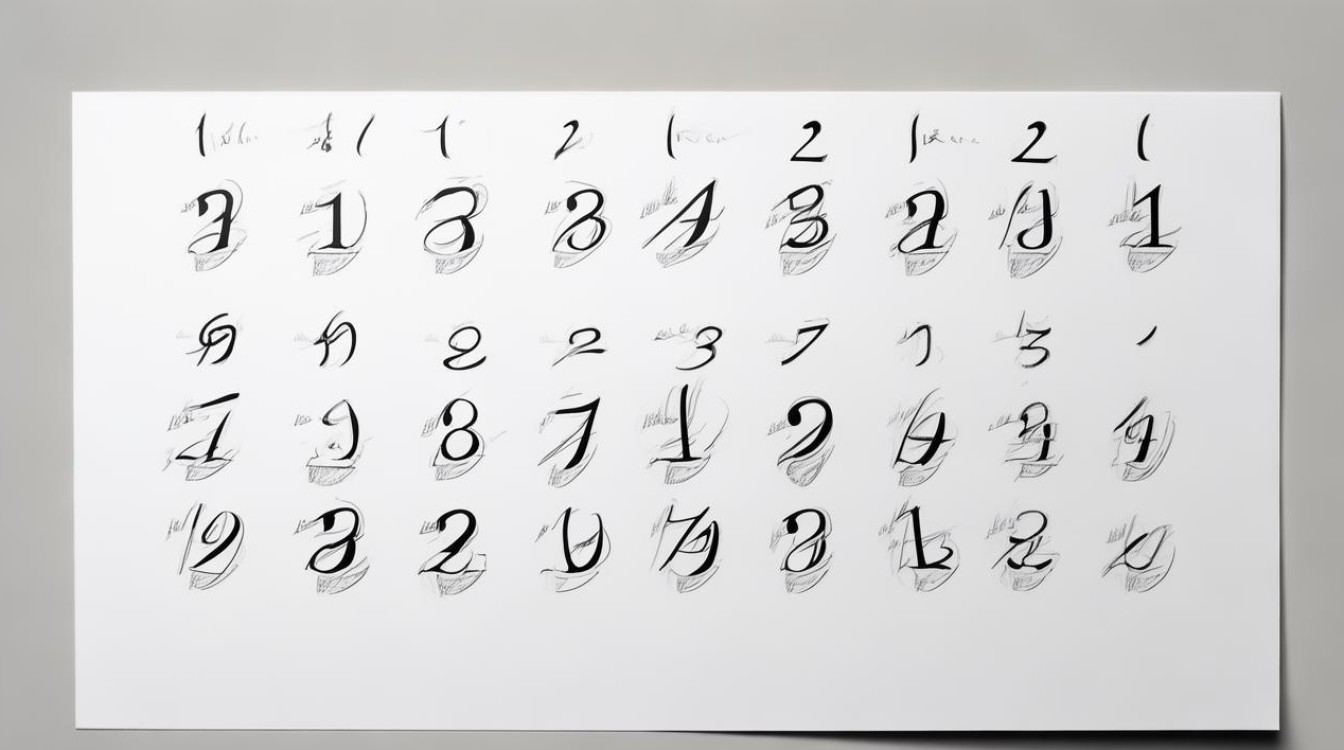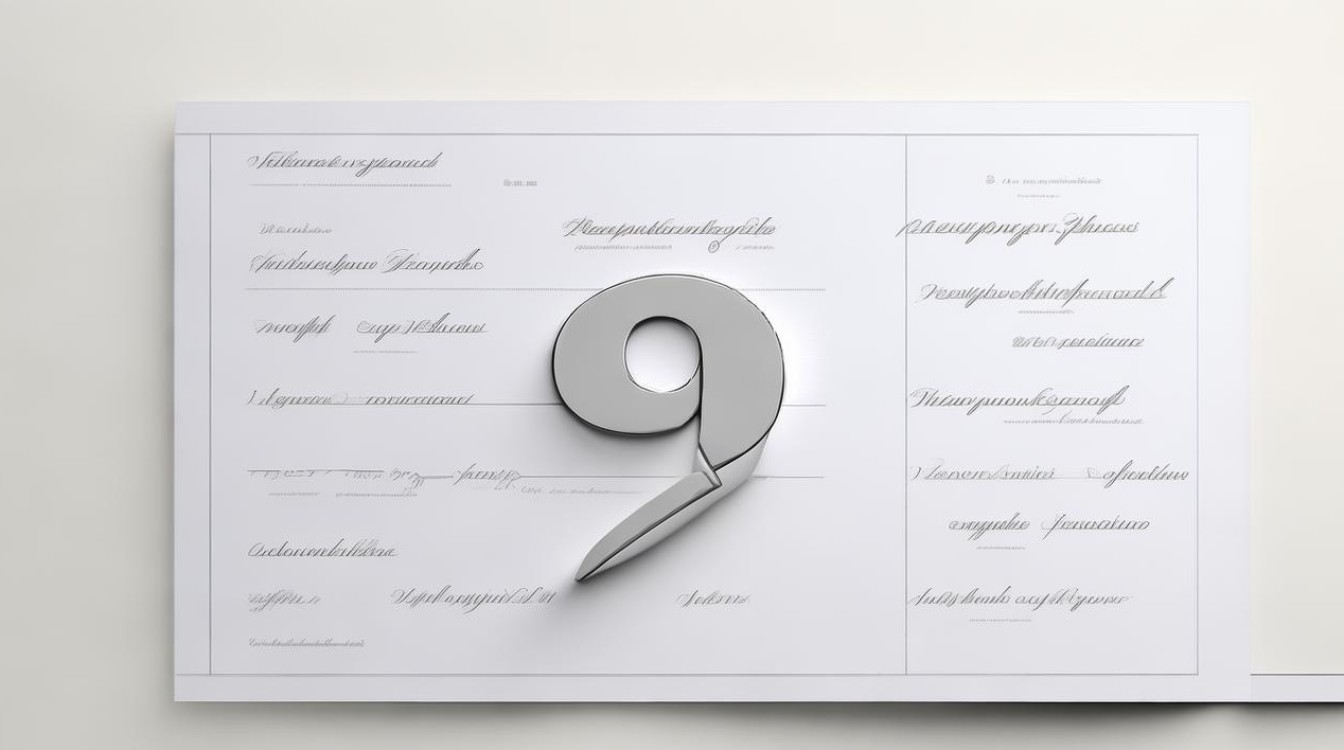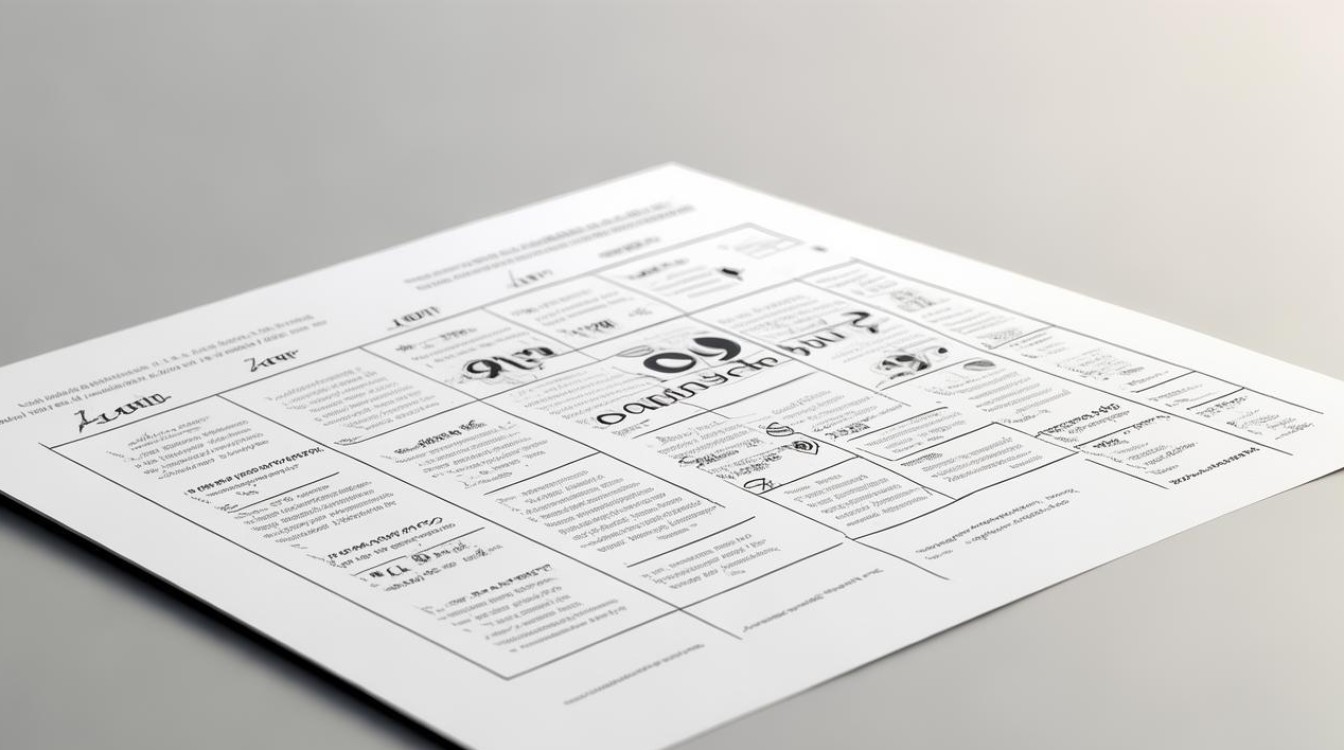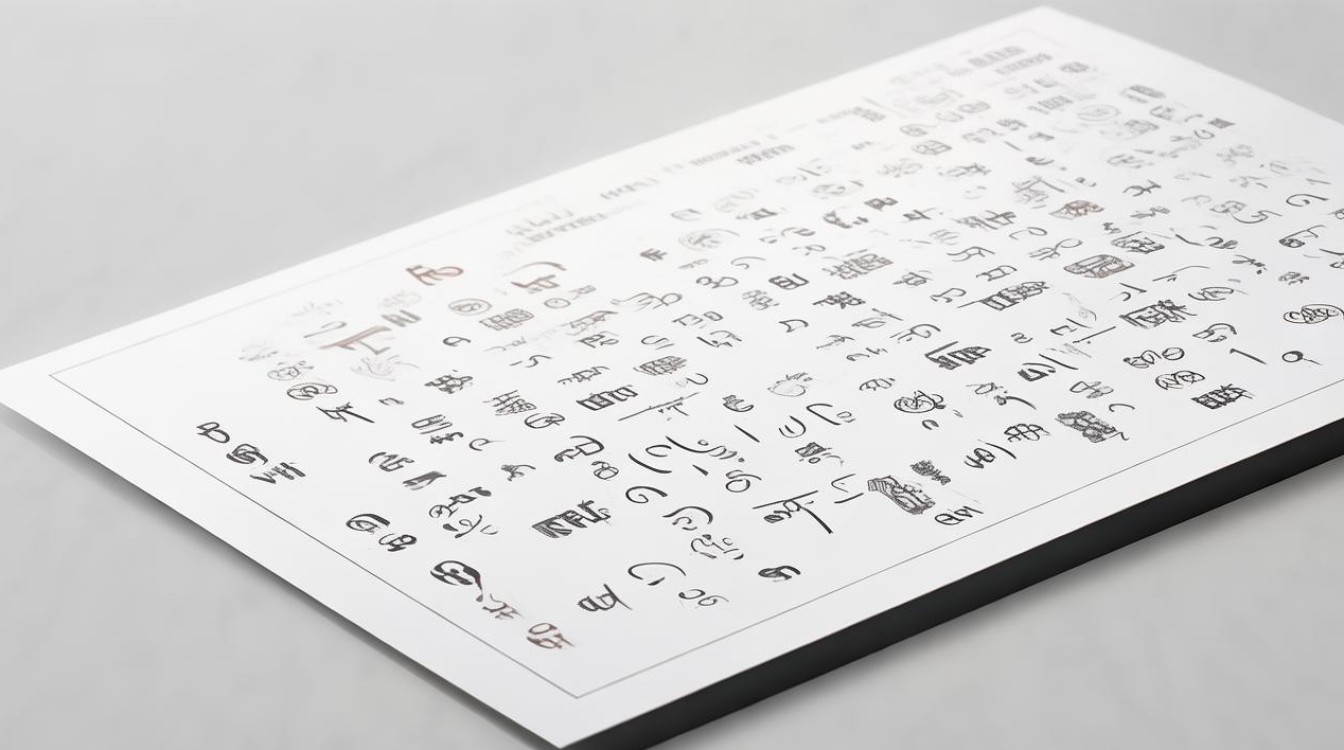The English word for the number "9" is "nine." While this might seem simple, understanding its spelling, pronunciation, and usage can help learners and writers avoid common mistakes. This article explores the correct spelling of "nine," its etymology, pronunciation tips, and practical examples to reinforce proper usage.

Spelling and Pronunciation of "Nine"
The word "nine" follows standard English spelling rules:
- N-I-N-E – Four letters form this number word.
- Pronunciation: /naɪn/ (rhymes with "fine" or "mine").
Unlike some numbers (e.g., "four" vs. "forty"), "nine" retains its spelling consistency in related words like "nineteen" (19) and "ninety" (90). However, note the slight change when adding the "-th" suffix: "ninth" (not "nineth").
Common Mistakes to Avoid
- "Nine" vs. "Nien" or "Nain"
Non-native speakers may misspell "nine" phonetically as "nien" or "nain," but only "nine" is correct. - Ordinal Number Errors
The ordinal form is "ninth" (e.g., "She finished ninth in the race"). Avoid writing "nineth," a frequent typo.
Etymology and History
The word "nine" traces back to Old English "nigon," derived from Proto-Germanic *newun."** Similar forms exist in other languages:

- German: "neun"
- Spanish: "nueve"
- French: "neuf"
This shared linguistic root highlights its ancient Indo-European origin, linked to the Proto-Indo-European *h₁néwn̥."**
Usage in Sentences
To solidify your understanding, here are examples of "nine" in different contexts:
- Cardinal Number: "She has nine cats."
- Time: "The meeting starts at nine o’clock."
- Age: "My son is nine years old."
- Sports: "The baseball team’s lineup includes nine players."
For ordinal use (position or sequence):

- "He celebrated his ninth birthday last week."
- "This is the ninth edition of the book."
Cultural Significance of the Number 9
Beyond grammar, "nine" holds symbolic meaning in various cultures:
- Mathematics: The highest single-digit number, often associated with completeness (e.g., "cloud nine").
- Chinese Culture: Considered lucky (homophone for "long-lasting").
- Western Idioms: Phrases like "dressed to the nines" (looking impeccable) or "nine lives" (referring to cats).
Why Spelling "Nine" Correctly Matters
Accurate spelling builds credibility in writing, whether for academic, professional, or casual communication. Errors like "ninth" vs. "nineth" can distract readers or undermine authority—especially critical for educators, content creators, and businesses.
Tips to Remember the Spelling
- Associate "nine" with similar words: "line," "pine," or "shine."
- Visualize the digit "9" alongside the letters N-I-N-E.
- Practice writing sentences like, "I need nine apples for the recipe."
Conclusion
Mastering the spelling and usage of "nine" is a small but essential step in English proficiency. From its historical roots to modern applications, this number word appears frequently in daily life. Whether you’re learning English or refining your writing skills, paying attention to details like "ninth" versus "nineth" ensures clarity and professionalism.

Now that you know how to write "nine" correctly, try using it in your next conversation or piece of writing. Consistency and accuracy will always make your communication stand out.

